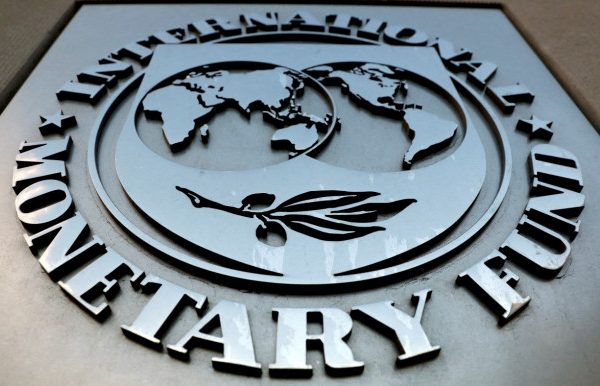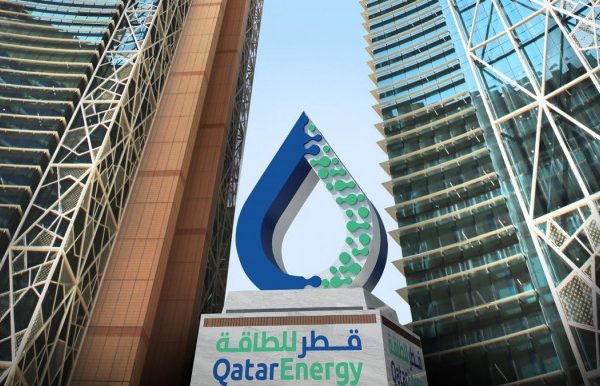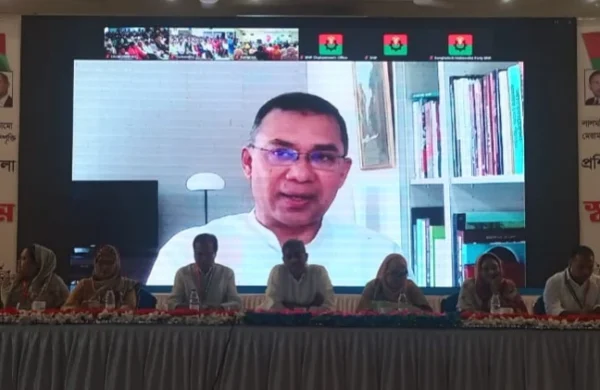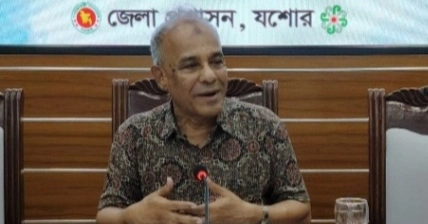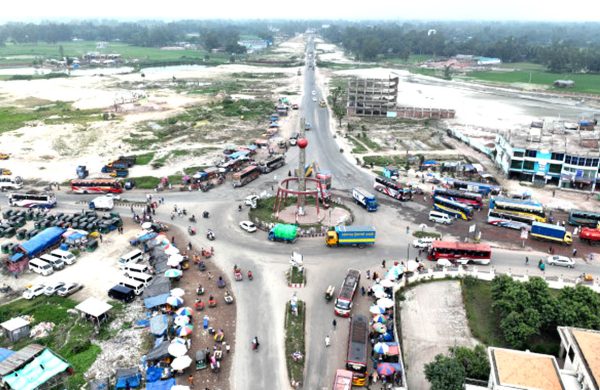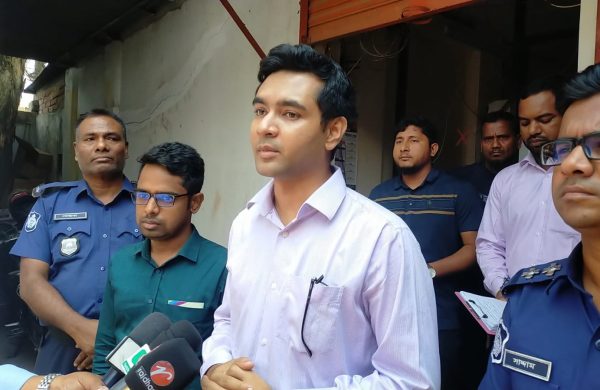IMF recommends listing assets of all public officials to reduce corruption
- Update Time : Wednesday, June 26, 2024
- 134 Time View
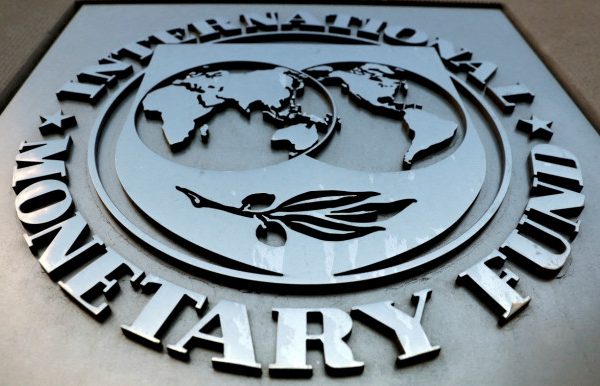
TDS Desk:
In order to reduce corruption, the International Monetary Fund (IMF) has recommended that the government take an inventory of assets belonging to all public officials every year and update it regularly.
Previously, the IMF had asked the government to collect asset statements from key officials only.
According to the IMF staff report published yesterday (25 June), “To combat high-level corruption effectively, it is essential to reinforce the asset declaration process for public officials by enforcing sanctions for non-compliance and adopting a standardised approach for the usage and regular updating of the declarations.”
Earlier on 24 June, despite failing to meet the net international reserves ceiling and revenue target, the International Monetary Fund (IMF) approved releasing $1.15 billion in the third tranche of a $4.7 billion loan package for Bangladesh.
IMF RECOMMENDS NO INCENTIVES ON REMITTANCES
IMF board approves 3rd tranche loan; $1.1b expected to be released in 2 days.
The information was disclosed in the report, which stated the IMF’s approval of the loan’s third tranche.
In the report, the multilateral lending agency also said, “Enhancing governance and reducing vulnerability to corruption would contribute to a better business environment. Further improvement in fiscal and financial governance, increased transparency, and strengthening of policy frameworks remain critical to enhance the business climate.”
“Progressive digitalisation of government administration and services will help promote transparency and reduce corruption,” the IMF said, adding that the authorities are modernising their supervisory framework on anti-money laundering/combating the financing of terrorism with IMF capacity-building assistance.
To this end, the IMF said the authorities have developed a tool to conduct risk-based supervision for money laundering/terrorism financing money laundering/terrorism financing risks with IMF capacity-building support.
“The authorities are committed to conducting onsite examinations of at least five high-risk banks by the end of 2025.”
There are currently around 15 lakh government employees in the country.
Bangladesh introduced the provision for public officials to submit their asset accounts every five years in 1979 in a bid to ensure accountability.
However, the rule could not be fully implemented in over four decades. In the past, ministries have reported that employees did not heed their call to submit asset statements.
According to rules 12 and 13 of the Government Servants Act (Conduct) Rules, 1979, government employees are required to submit statements of immovable asset acquisition, and sale.
The rules also state that government employees need to get permission from the government to even buy or sell any asset including land, houses and flats. In the case of the purchase of assets, the source of money should also be disclosed.
Besides, if any asset is sold, the price must be reported.
During the caretaker government regime in 2007, strict orders were issued to submit asset accounts which resulted in all employees submitting them.
In 2015, the government asked to submit another round of asset accounts of employees. A few ministries then managed to account for the assets of the employees under their control, but most failed.



